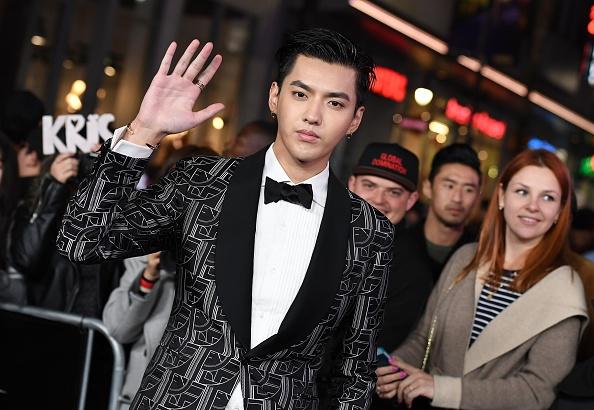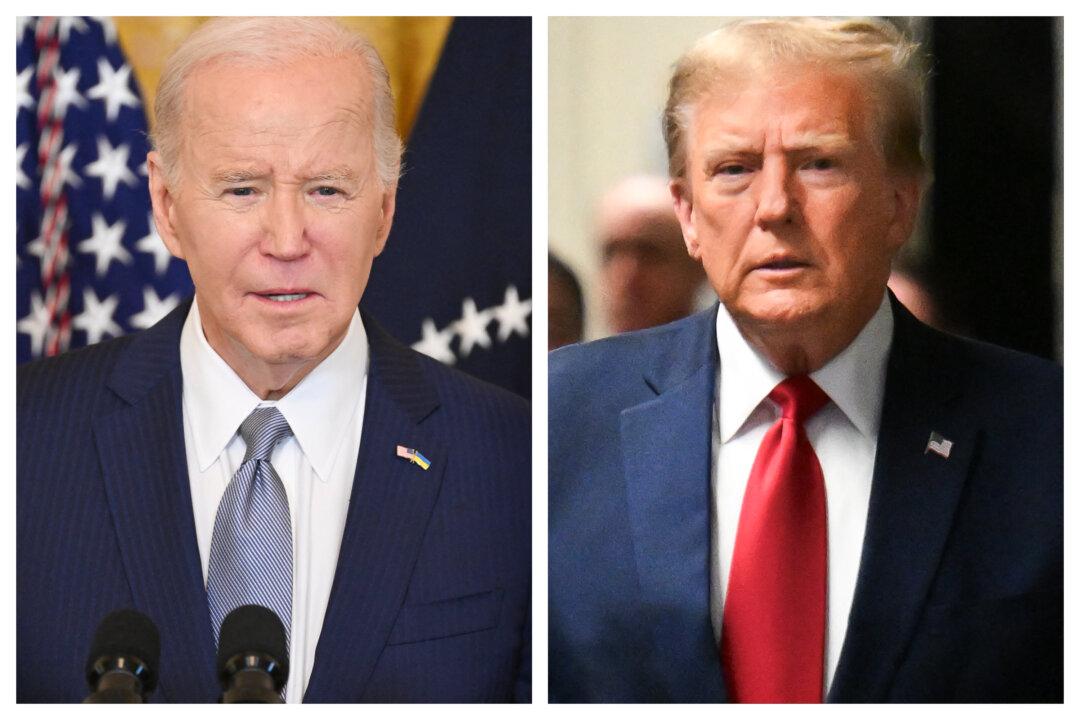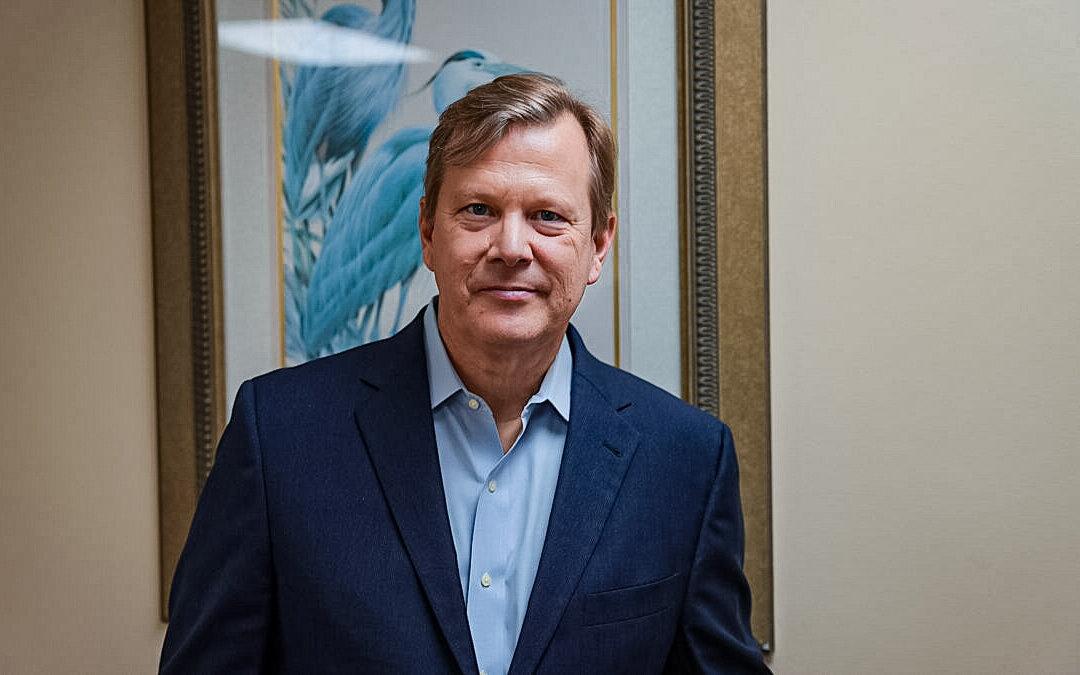Following crackdowns on the big-tech and education sectors, China’s entertainment industry may be the next target. This week’s formal arrest of film star Kris Wu marks the beginning of Xi Jinping’s campaign on cleansing the entertainment industry, according to current affairs commentator Li Yanming.
Chinese media platforms have removed about 2 million video clips related to Kris Wu and about 7,000 episodes of variety shows, according to an official announcement on Aug. 17. As a result, Wu has almost disappeared from public view in China.
Weibo Talks and Virtue Training
On Aug. 4, 2021, the Weibo Community Management Center and the Sina Entertainment Division called for meetings with celebrity studios, discussing “fan management” to prevent verbal abuse of other stars’ fans and unhealthy competition such as, showing one fan group to be richer than others. Over 20 A-list celebrities and their agencies attended such meetings.On Aug. 11, Sina’s online portal stated the meetings were not with just a few but many top stars. Weibo and Sina’s “self-governance” with celebrities followed the Central Cyberspace Administration of China’s initiative of “Rectification of Chaos in Fans Circles” announced on June 15.
On July 19 and 20, China’s National Radio and Television Administration (NRTA) and the China Federation of Radio and Television Associations organized a joint “virtue” training session for 64 actors and agents. A high-level Chinese Communist Party (CCP) member at NRTA attended the opening ceremony.
Fans’ Defiance Would Bring No Leniency to the Star
Before the case began, Wu had over 50 million fans on Weibo. Some fans discussed “group rescue plans” and “breaking into detention centers” after Wu’s detention was announced on July 31. Some posts compared a total of 5 million military and police forces versus Wu’s 50 million fans, arguing that the fans’ rescue efforts were likely to succeed. Such claims triggered criticism in multiple state-own media platforms, including China Central Television.China affairs commentator Zhang Tianliang said that the fans almost treated Wu as their “emperor.” Hence, their words put Wu in the position of a leader in opposition to the CCP. Zhang said Xi Jinping wouldn’t let that slide, adding that Wu’s situation was similar to Didi Global, whose open defiance in getting listed on the U.S. stock exchange brought it severe consequences.
Zhang said that in the past, Wu closely aligned with the CCP. For example, in Aug. 2019, Wu called for support of Hong Kong police during Hongkongers’ large-scale protests for freedom and democracy. Yet Wu won’t be given leniency in the charges because the power his fans gave him was becoming too much for the regime, according to Zhang.
On Aug. 1, CCP official media People’s Daily commented that neither foreign nationality nor fame should offer Wu any immunity. Wu was born in China in November 1990 and is currently a Canadian citizen.






Friends Read Free